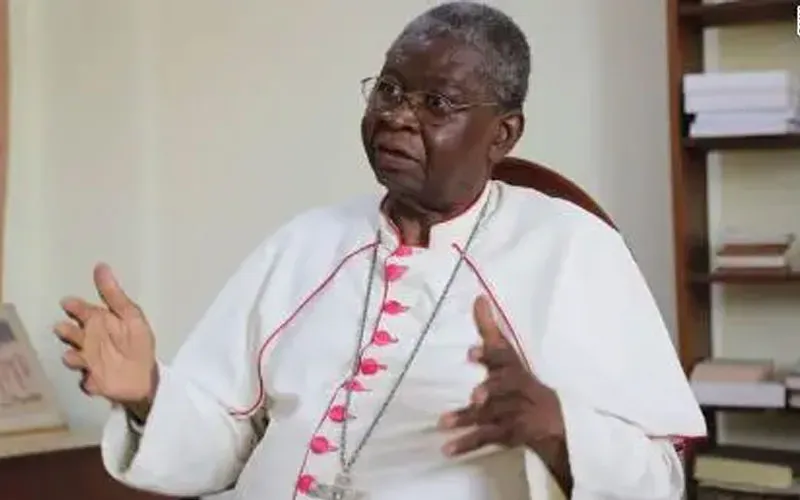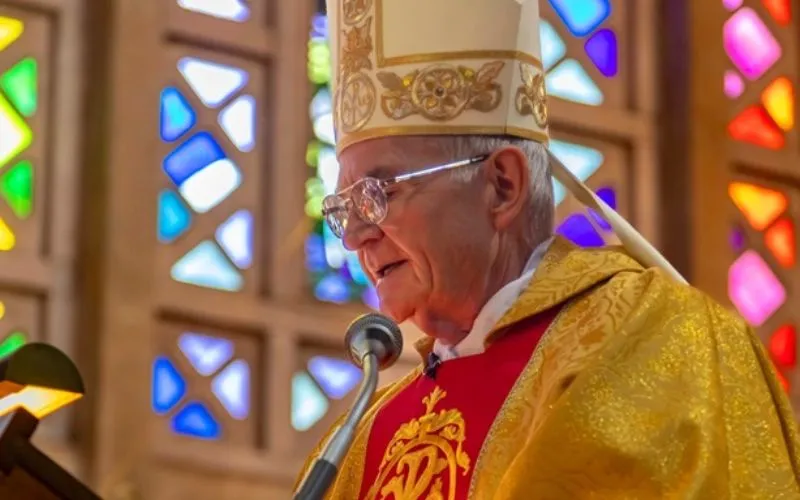In his considered view, “There should be a modality of frequently consulting all the stakeholders including the world of business. But we don't see that. In fact, I would say the current politics is polarizing the country, dividing the country.”
“Our politicians behave as if everybody must be either NPP (New Patriotic Party) or NDC (National Democratic Congress). And this is not the democratic culture. It is not sincerely a democratic culture,” Archbishop Naameh is quoted as saying in the January 13 report.
He goes on to fault the behavior of those at the helm of political entities in Ghana saying, “The tendency for political parties, especially the NPP and NDC, to cater for their foot soldiers and card bearing members, before turning to possible future voters, was not good.”
“The NDC comes in and provides its own solutions and NPP comes in and comes up with new things. This culture of missing continuity is what is also damaging the country,” he laments, and adds in reference to Ghana’s ruling class, “They leave behind everything that the previous government has done. I mean this is not a democratic culture.”
The Ghanaian Archbishop continues, “This does not serve the common good. There's nothing like an NPP Ghana. We are one Ghana, neither is there anything like NDC Ghana.”
“We have one Ghana. I think there must be a time to say that these people meant well. Let us put all that they did to good use for Ghanaians,” the 73-year-old Archbishop says underscoring the need for continuity between successive ruling parties in the West African nation.
Reflecting on concerns about the seeming silence of Catholic Bishops in the country on current national issues as compared to the 1970s, 1980s and 1990s, Archbishop Naameh points out that in the periods that the GCBC was vociferous, “it was during military regimes where the citizenry could not talk or were afraid to speak up.”
“The Catholic Church and the Catholic Standard were the only voices for the people. There was a vacuum, which we were filling,” the Ghanaian Archbishop says.
“The media landscape has completely changed and I think Ghanaians should recognize that. There are many media companies who are reporting on a daily basis what is happening in the country,” the President of GCBC says in the January 13 report.
Jude Atemanke is a Cameroonian journalist with a passion for Catholic Church communication. He holds a Bachelor’s Degree in Journalism and Mass Communication from the University of Buea in Cameroon. Currently, Jude serves as a journalist for ACI Africa.








